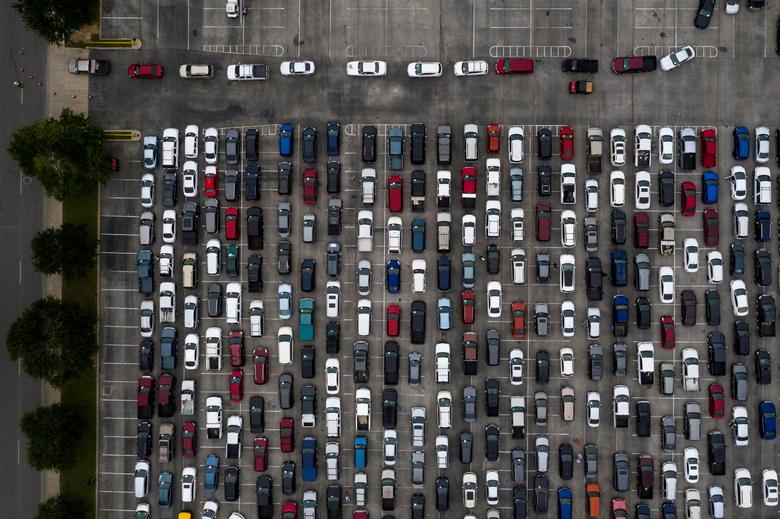This content has been archived. It may no longer be relevant
Actions and info on the next for coronavirus economic relief legislation
There is immense economic fallout from the coronavirus. A $2.2 trillion stimulus package was signed by the President. Despite being touted as bipartisan, The Coronavirus Aid, Relief, and Economic Security (CARES) Act was singularly GOP-led legislation. Bill S.3548 was geared more towards corporations than individuals. (You can go here to get FAQs in regards to the $1,200 check, such as if you qualify; what to do if you haven’t received it; if it’s taxable; etc.).
The White House and congressional leaders are nearing a deal to pump an additional $300 billion into a new program to keep small businesses from going out of business. Though weeks away, a potentially $1 trillion new relief package is in discussions that could give monthly checks to families
Much of these provisions will not make it into the relief package. However, given CARE prioritized corporate profits over workers’ protections and wages, we are in dire need of sustained economic support for families and workers that are suffering.
America’s response to COVID-19 has cracked wide open many of the fissures already present in many of its institutions, most noticeably the healthcare industry. The US isn’t alone. The global economy is about to see a historic recession. The World Trade Organization, for its part, forecast that nearly all regions of the world would suffer double-digit declines in trade this year, with North American and Asian exporters hit hardest.
“We anticipate the worst economic fallout since the Great Depression,” said Kristalina Georgieva, managing director of the International Monetary Fund (IMF). Compared to other countries’ responses.
But most other countries have aggressive safety nets in place where protective gear for medical personnel and those on the frontline are a given. In addition, there is ongoing guaranteed protection for residents (such as masks), and safety nets that guarantee healthcare and some basic income to meet living requirements for food and shelter.
The United States has no safety nets, not even PPE’s for its frontline workers, not even healthcare for those who need it, much less food and shelter guarantees. This creates environments ripe for exploitation such as long food bank lines, landlords soliciting sex for rent, cyberattacks in various forms of phishing scams, a pandemic of domestic abuse (here are resources for domestic abuse help).

To ensure even more suffering and exploitation does not take place, Indivisible has a list of actions to ensure that Congress #PutPeopleFirst. instead of band-aid after band-aid.
- Reach out to your state elected officials to demand they take action on coronavirus. The federal government has put out three coronavirus relief packages so far, but there is plenty more that your state and local governments can do to create a more robust and equitable response.
- Call your senator and tell them to prioritize a coronavirus People’s Bailout. We need a package that prioritizes protecting our democratic systems, providing accessible health care for all, and direct economic support to everyone. Call your senators now to demand they support the People’s Bailout.
- Call your representative and tell them the same. Millions of people could be left behind while corporations rake in trillions of tax-payer dollars. The House needs to make this right. Call your representatives now and demand that they support the above provisions be included in the next coronavirus package.
In order to get a stimulus package that ensures people the basics of testing and healthcare, shelter, and food, we need a system that ensures the same. Since we lack that, any stimulus package will not be enough. But, given the levels of exploitation and unemployment daily rising along with infection rates, we must do better in this next relief package.